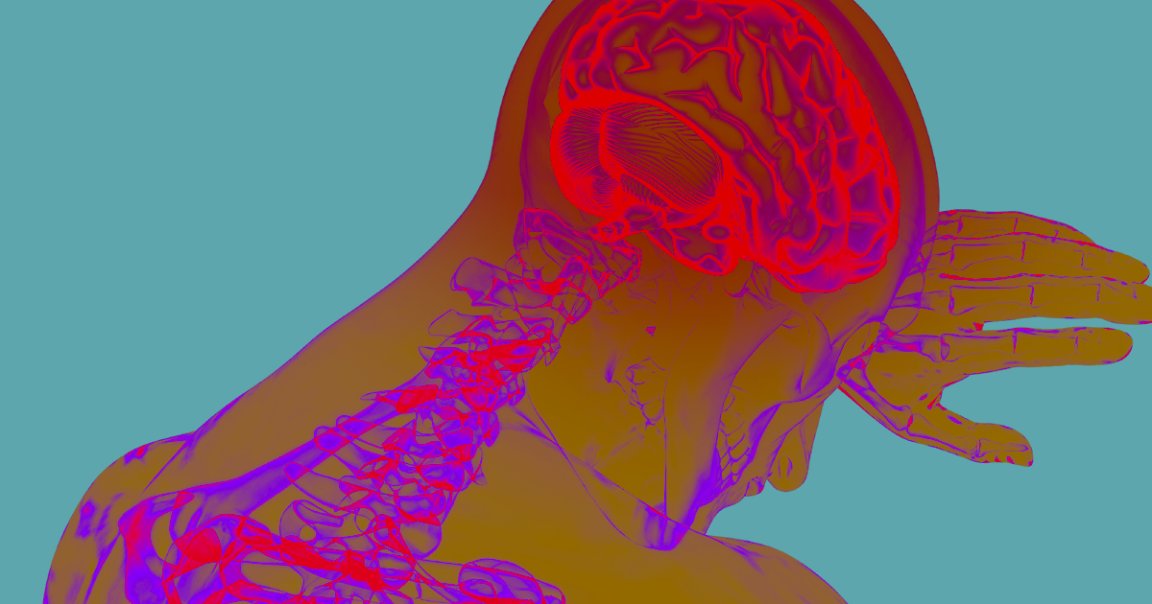
Epigenetic Factors
Your DNA sequence never changes. But the expression of your genes changes throughout your life, and the elements affecting these changes are known as epigenetic factors.
Now, scientists believe they have identified an epigenetic factor that causes memory loss in people with Alzheimer’s disease.
Their other claim is explosive: that they’ve found a way to reverse memory loss in an animal model of Alzheimer’s — and they think it might lead to a treatment for humans.
Express Yourself
For the study, which was published on Tuesday in the journal Brain, a research team led by scientists from the University at Buffalo looked at animal models of Alzheimer’s as well as post-mortem brain tissues from patients with the disease.
From that data, they figured out that an epigenetic process called repressive histone modification played a role in memory loss in Alzheimer’s patients.
“This AD-linked abnormal histone modification is what represses gene expression, diminishing glutamate receptors, which leads to loss of synaptic function and memory deficits,” researcher Zhen Yan said in a press release.
Memory Restoration
Once they identified the role of repressive histone modification, the researchers set out to reverse memory loss caused by the process. They injected their animal models of Alzheimer’s three times with compounds designed to inhibit the enzyme causing the modification.
“When we gave the AD animals this enzyme inhibitor, we saw the rescue of cognitive function confirmed through evaluations of recognition memory, spatial memory, and working memory,” Yan said. “We were quite surprised to see such dramatic cognitive improvement. At the same time, we saw the recovery of glutamate receptor expression and function in the frontal cortex.”
While the results lasted just one week, the team is hopeful it’ll be able to develop a compound that is longer-lasting. If they can, the treatment could eventually move on to human trials, potentially helping overcome one of the most devastating symptoms of Alzheimer’s disease.
READ MORE: Alzheimer’s Disease: It May Be Possible to Restore Memory Function, Preclinical Study Finds [University at Buffalo]
More on Alzheimer’s: New Drug Trial Could Halt Alzheimer’s Memory Loss